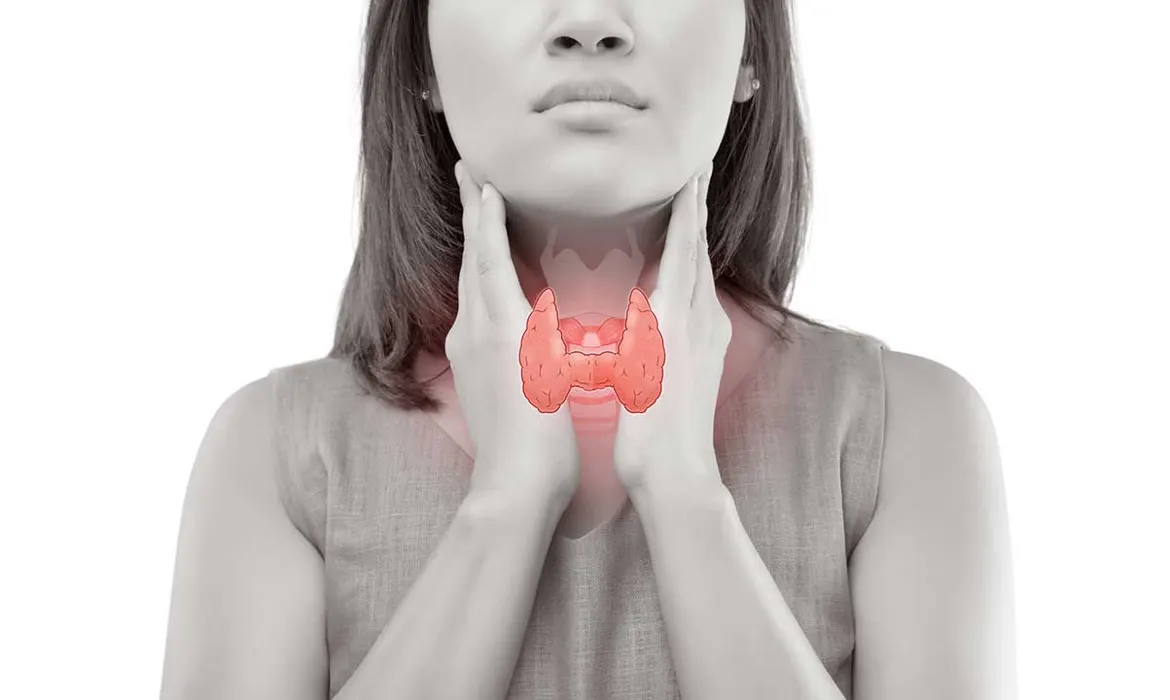Named for the Japanese surgeon who discovered the condition in 1912, Hashimoto’s disease is an autoimmune disorder, meaning it causes the immune system to mistakenly attack healthy cells. Hashimoto’s disease progresses slowly, and symptoms can go undetected for years. But what do Hashimoto’s disease and hair loss have to do with each other?
Hashimoto’s disease (chronic lymphocytic thyroiditis) affects the thyroid gland. The thyroid is located at the front of the neck, near the base. It’s part of the endocrine system, which produces hormones that control bodily functions—including hair growth. Although the disease can strike anyone at any age, women are affected at a much higher rate, particularly in middle age. Hashimoto’s disease is the leading cause of an underactive thyroid (hypothyroidism). A wide range of symptoms are associated with the condition including fatigue, constipation and hair loss.
Symptoms of Hashimoto’s Disease
The symptoms of Hashimoto’s disease vary by individual, but may begin with a swelling of the throat. The condition can also include a heightened sensitivity to cold, sudden weight gain, memory lapses, brittle nails and even hair loss. Hair loss caused by Hashimoto’s is diffuse, with some hair shedding all over the scalp, rather than developing bare patches or bald spots.
Treatment for Hypothyroidism
If you suspect that you have a thyroid disorder, talk to your doctor about your symptoms. They may do a physical examination and order blood tests to measure your thyroid levels. Once a diagnosis is confirmed, the right treatment plan can significantly improve your condition. Treatment may include regular observation by your physician and daily medication (hormone replacement therapy).
A Healthy Diet Can Help with Hashimoto’s Disease
If you have Hashimoto’s disease, in addition to your medical treatment plan, there are lifestyle changes you can make that have a positive impact on your condition. The nutrients iodine, selenium and zinc can be beneficial. It’s best to get these from a well-balanced diet. Foods with all three include eggs, fish such as cod and tuna, and legumes such as chickpeas and lentils. Paleo, gluten-free and vegetarian diets may also be helpful to people with Hashimoto’s disease. Speak with your physician about a nutrition plan that can help improve your condition—including when to eat before or after taking your medications. Food can affect the absorption of prescription drugs.
What You Can Do About Hair Loss
Managing Hashimoto’s disease can be stressful enough without having to deal with hair loss on top of it. While medication and lifestyle changes can help your symptoms, including hair loss, it can take time to find the right dosage, or your dosage needs can change over time. The good news is you don’t have to accept losing your hair—or wait for it to grow back in. You have options. Hair Club offers a comprehensive suite of hair loss solutions, including Xtrands® and Xtrands+®. The best thing you can do for yourself is to meet with hair loss expert for a free private consultation . You’ll learn about your level of hair loss, the condition of your scalp and which customized solution is right for your specific hair loss needs. Schedule your appointment today and find out how to get your hair back.




